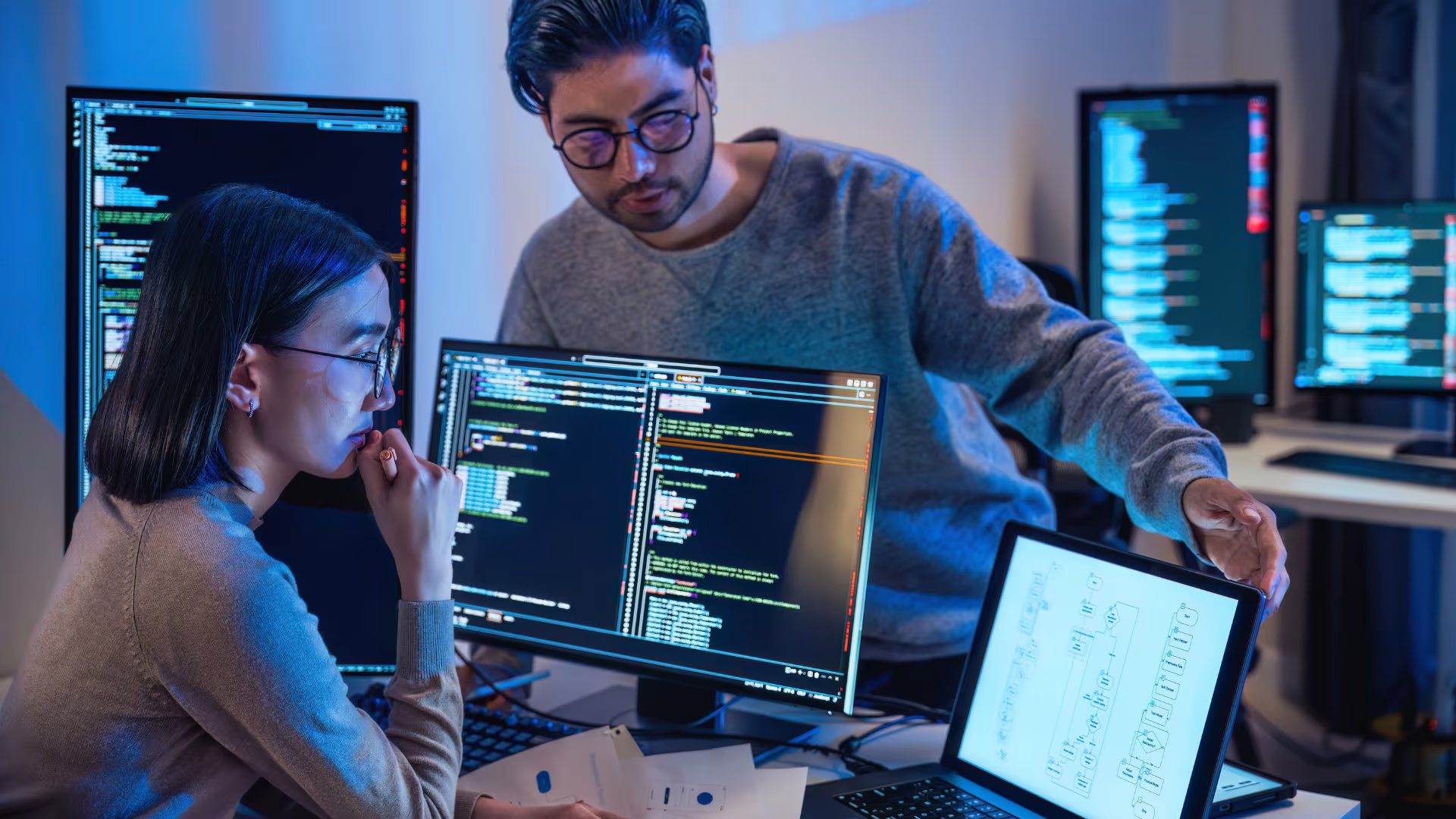January 7, 2025
How AI Technology Helps Prevent Cheating and Plagiarism?
Honesty and fairness are crucial to ensure an effective learning environment. However, it only becomes possible when educators and academic institutes pay attention to mitigating unethical practices used by students for cheating and plagiarism. In the old days, ensuring such an environment was challenging because no technological aid was available to take strict measures against malpractices.
However, AI has paved the way for new possibilities, helping educators maintain academic integrity in learning. Maintaining academic integrity in the educational process leads to formulating a culture of honesty and educational excellence. Simply put, it is about preventing cheating and developing an honest, fair, and respectful culture.
Preventing cheating and plagiarism is essential. Advanced technologies like AI and its subsets can be crucial in this regard. This article discusses the role of AI technology in avoiding cheating and plagiarism. Read on to learn more.
How Does AI Play its Role in Cheating and Plagiarism Prevention?
AI (artificial intelligence) technology and its subsets, including machine learning and NLP (natural language processing), play a key part in ensuring academic integrity. These advanced technologies power sophisticated algorithms capable of analyzing underlying content, comparing it against vast databases, and detecting direct copying and other subtle forms of plagiarism. Such advanced technologies can also proctor online exams to spot suspicious behavior and potential cheating.
The sophisticated algorithms behind academic tools and submission platforms can quickly identify unusual typing or access to unauthorized materials. AI can also spot potential cheating by analyzing content and monitoring student behavior. These possibilities make it difficult for students to cheat and plagiarise without being detected. Hence, AI is crucial to preventing unethical activities that compromise academic integrity.
Practical Applications of AI to Prevent Cheating and Plagiarism

Integrating AI with various content analysis tools and academic platforms has significantly transformed the educational ecosystem by improving learning experiences. This integration has also played a key part in ensuring academic integrity and offering innovative solutions to mitigate unethical practices like cheating and plagiarism that compromise fairness and honesty. Here are a few practical applications of AI to prevent cheating and plagiarism in the academic landscape.
Accurate Plagiarism Detection
With the advent of AI-powered tools, plagiarism detection has become remarkably efficient. These advanced systems go beyond identifying direct copying and can detect subtle forms of duplication, such as paraphrasing and verbatim plagiarism. The free plagiarism checker online tool employs sophisticated algorithms to analyze text comprehensively, scrutinize writing style, identify patterns, and compare content against a vast database of published works to detect plagiarism accurately.
Unlike traditional methods, AI-backed algorithms use semantic analysis to understand the context and intent behind words, ensuring accurate results without false positives. For educators, this means quickly and reliably identifying duplicated content with ease. Furthermore, the ability to process large volumes of text quickly improves workflow efficiency. As AI evolves, these tools will become even more precise, enabling educators to stay ahead of new plagiarism tactics.
Real-time Monitoring During Online Exams
AI also plays a key role in preventing cheating during online exams by ensuring real-time monitoring. If integrated into the platforms used to take online tests, AI can monitor for any practice that signals to cheat because advanced algorithms can track student behavior. AI-powered algorithms make test-taking platforms capable of monitoring student behavior and tracking typing speed, mouse movements, and eye-gaze patterns during online tests.
This ability enables such platforms to spot potential cheating attempts easily. AI-powered monitoring systems can notify examiners upon identifying such attempts, making it easier for invigilators to take necessary measures to prevent cheating. These systems use facial recognition, eye movement tracking, and behavior analysis to detect suspicious activities, enabling academic institutions to conduct exams fairly.
Automated Test Response Analysis
AI also helps educators and academic institutions analyze test responses to identify patterns that signal potential cheating. The AI-backed algorithms behind the test submission platforms can easily recognize patterns and anomalies similar to known cheating tactics. These patterns and anomalies include identical errors or similar correct answers from multiple students, which make test responses suspicious.
Identifying suspicious test responses using AI can help educators and examiners spot unauthorized collaboration among students taking a particular test. This automated test response analysis helps spot cheating after its occurrence and is key in preventing such collaborative cheating. It allows educators to promote a culture of honesty and fairness among students.
Submission Analysis
The advent of generative AI has made it much easier for students to craft their submissions using AI-generated content. Additionally, many students take the help of their fellows or freelance writers to work on their submissions without playing any part in the research process. Such instances significantly compromise honesty and fairness and lead to the undermining of academic integrity. Given this, AI has been integrated with CMSs (content management systems) to gather student submissions.
Integrating AI and machine learning models with such systems has enabled academic institutes and educators to identify students involved in taking unauthorized aid to craft academic submissions. These models can analyze the style, vocabulary, and sentence structuring used in an underlying submission against the already submitted content of a particular individual to detect inconsistencies like sudden shifts in writing style or structuring signal cheating and academic dishonesty.
Precise Source Code Verification
AI and its subsets are also being utilized to verify the originality of source code submitted by students. These advanced technologies scan the code to spot duplication or unauthorized collaboration among students to generate the source code. Algorithms used for this purpose also scrutinize the code for AI involvement, as modern AI chatbots can also help users generate code upon receiving specific prompts.
These algorithms leverage advanced techniques to distinguish between standard coding solutions, outright copying, and unauthorized aid-generated codes. These AI-backed algorithms are also designed to identify and catch anomalies that indicate cheating while writing the source code.
Encouragement of Academic Integrity
In addition to playing a part in catching unethical practices that undermine honesty and fairness, integrating AI into essential tools and educational platforms has also discouraged cheating. Since AI-backed algorithms can determine the IQ levels of various individuals, they can help academic institutes ensure a personalized learning path for each student.
Personalized learning paths for individual students make it easier to grasp complex topics and mitigate the pressure to cheat. This phenomenon is due to the availability of bespoke support and resources for individual students, depending on their intelligence and needs. AI can also help educators ensure adaptive testing by generating personalized questions for each student. The possibility of adaptive testing makes it difficult for students to collaborate or share answers while taking tests.
Conclusion
AI plays a key role in preventing cheating and plagiarism, enabling educators and academic institutions to foster a culture of honesty and fairness. By integrating AI and machine learning into educational tools and platforms, academic integrity can be maintained through advanced solutions for identifying and mitigating unethical practices.
Dirox specializes in cutting-edge AI and machine learning services, offering tailored solutions to empower educational institutions in combating cheating and plagiarism.
With Dirox’s expertise, you can implement innovative technologies that not only enhance academic integrity but also create personalized, fair, and effective learning environments.





















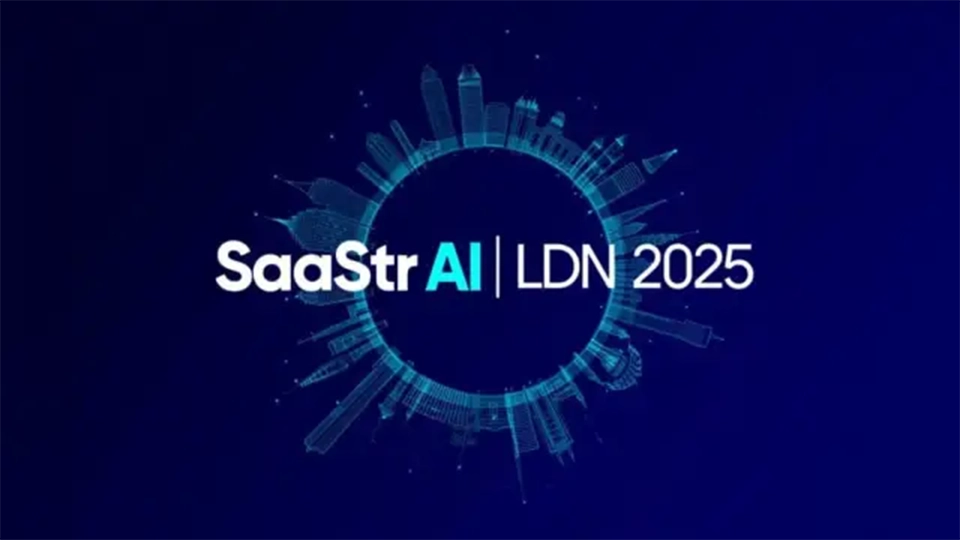
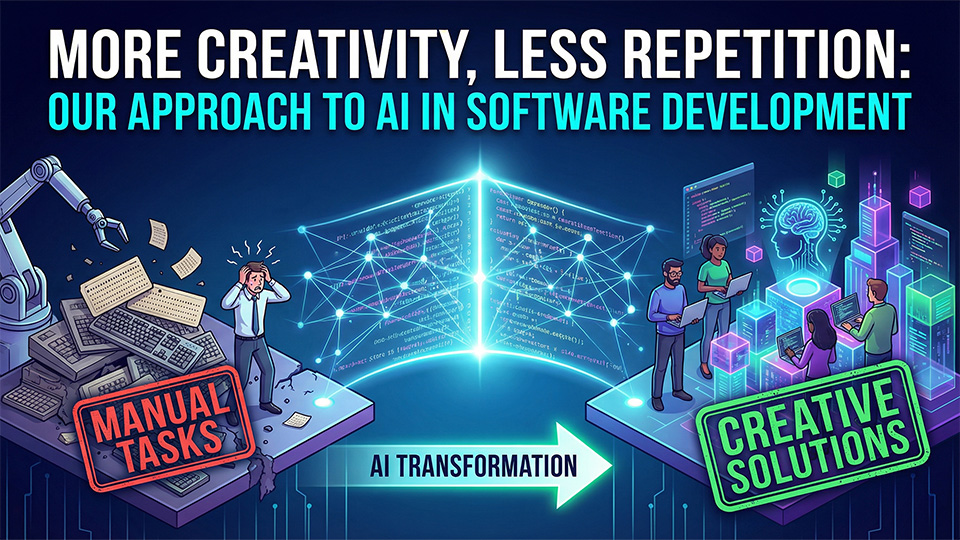

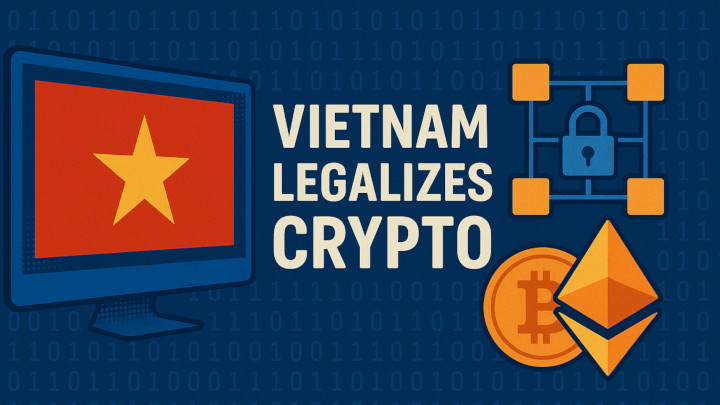
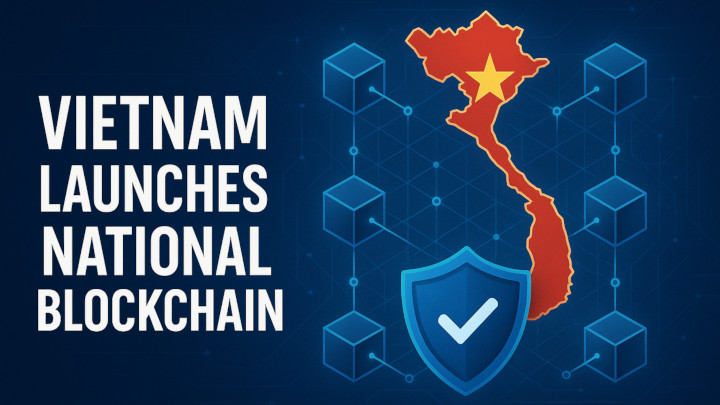

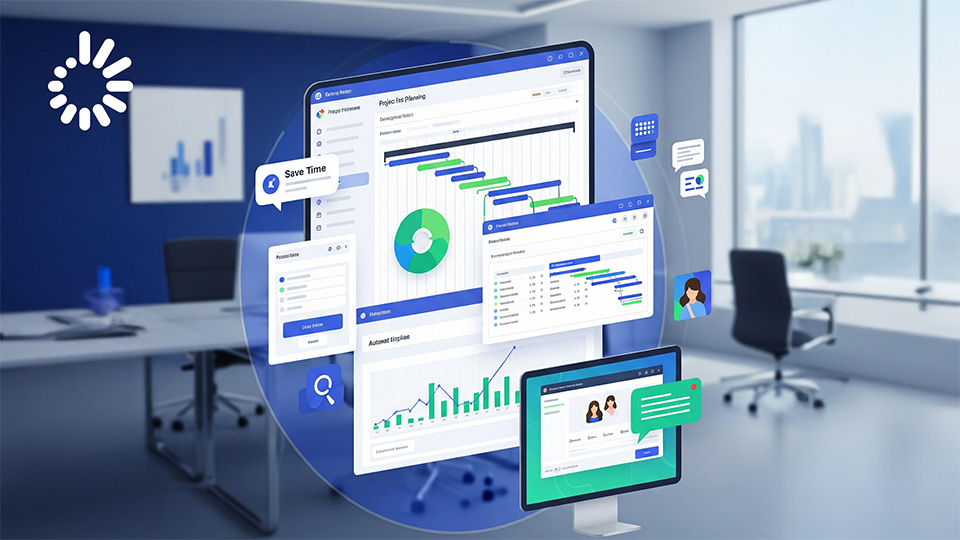

.svg)
